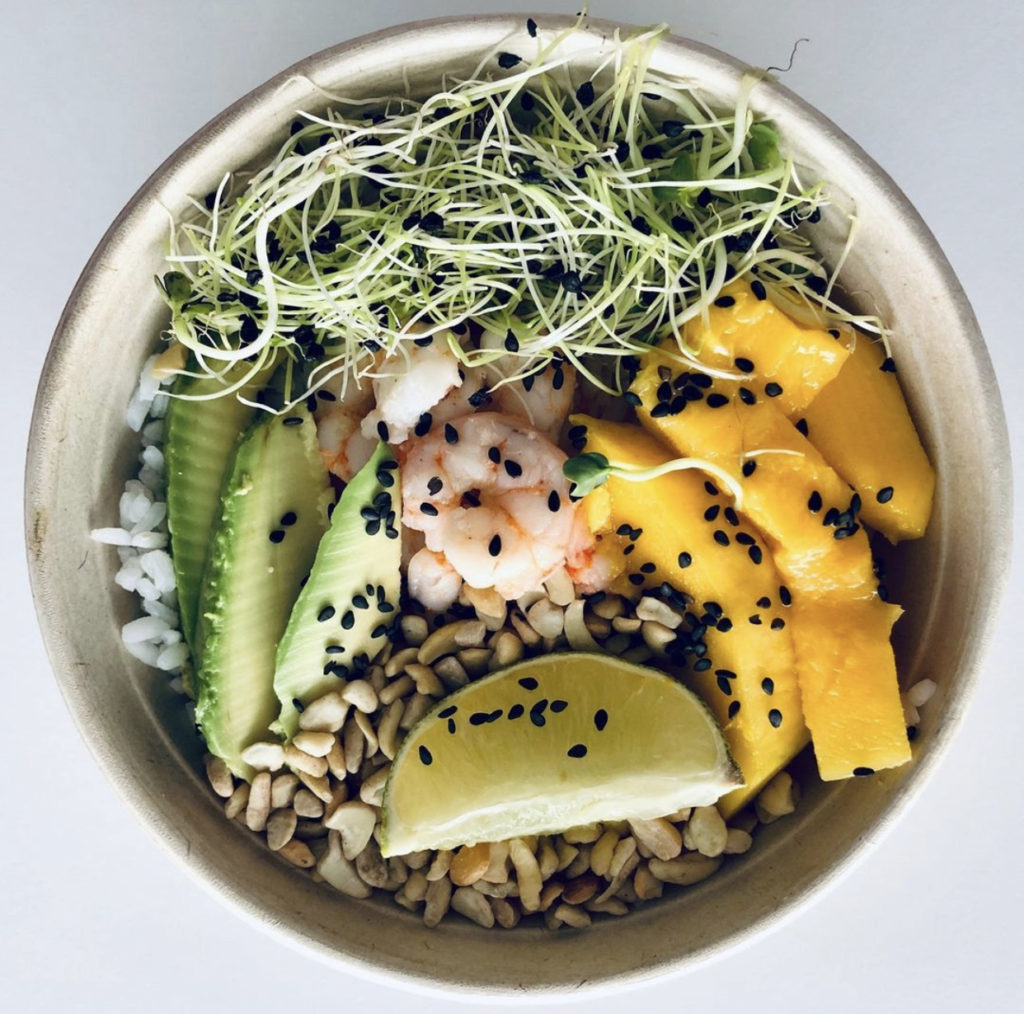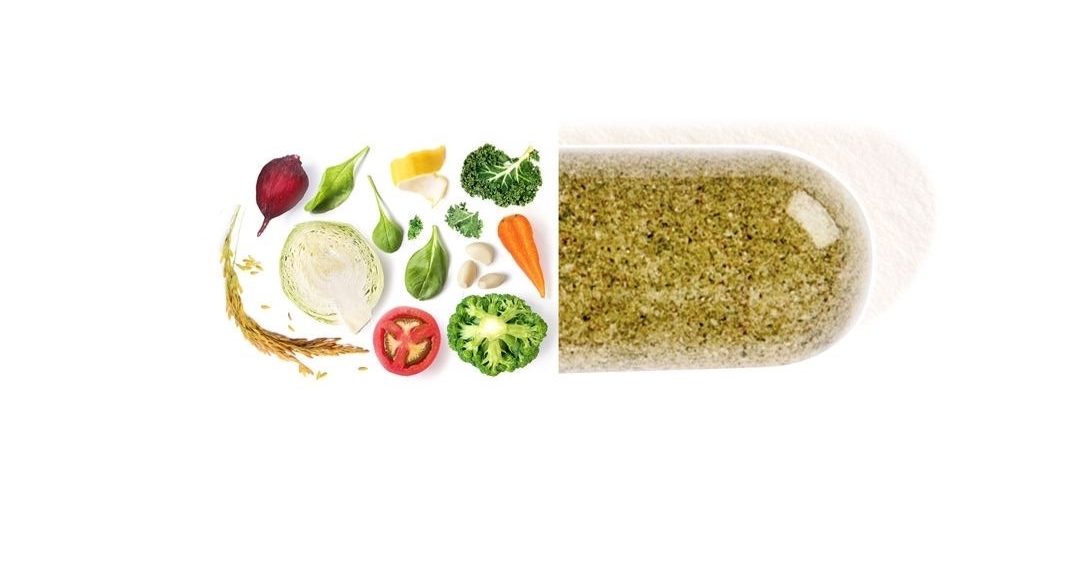The microbiome is an ecosystem made up of trillions of microorganisms, including bacteria, viruses and fungi, that live in and on your body. Research suggests that the gut microbiome plays a key role in supporting immune function, and our diet plays a role in helping determine what kind of microbes live in our intestines… We had a chat with Dr Beth Steels , Biochemical Nutritionist, on the gut-immune axis, the microbiome, and how beneficial bacteria can naturally support your immune system, so keep reading to understand the gut-immune axis and much more. So let’s start with what to eat for immune health.
You’ll also like this:
Lee Denim On Its Best Sustainable Journey So Far
A Day In The Life Of Magali Pascal
The 6 Best Yoga Studios In Sydney
What is the gut-immune axis?
Simply put, the gut-immune axis is the link between the gut and the immune system. Research has found that up to 70% of our immune system is located in our gut. The gut lining acts as a protective barrier, preventing foreign bacteria from passing through into the bloodstream and allowing vital nutrients to pass through.
Special immune cells, called dendritic cells, strategically move through the immune system that surrounds the gut. Their main function is to sample from their surrounding environment and present what they have sampled to adaptive immune cells.
How does food impact gut health and therefore immunity? and what to eat for immune health
A healthy immune system starts within. We know that up to 70% of our immune cells are located in the gut, and a healthy diet may play a role in helping support our immune system and maintaining good gut health. A requirement for the health and function of all cells is a well-balanced diet with adequate nutrients.
What foods are best for a healthy gut and immunity?
Diverse dietary patterns may better prepare the immune cells for dealing with foreign microbes. A diet rich in fibre and plants appears to help support the growth and maintenance of beneficial microbes. Introducing plenty of fresh fruits, vegetables, whole grains, and legumes, and food containing beneficial bacteria can help support the health of your gut microbiome and your immune system. These foods include kefir, yoghurt, fermented vegetables, sauerkraut, tempeh, kombucha, kimchi and miso. Of course, if you feel that your diet is lacking somewhat, you may wish to consider adding a supplement to your daily diet to give yourself a boost. For example, you can Buy Total Restore to support and nourish your gut lining, thus helping to ease bloating, gassiness, and even junk food cravings.

What foods are detrimental to your gut and immunity?
Dietary patterns that are limited in variety and lower in nutrients, such as eating lots of processed foods and minimal fresh fruits and vegetables, may negatively affect a healthy immune system. Research suggests that consuming high amounts of refined sugar and red meat and limited plant-based foods may contribute to gut inflammation, which in turn may contribute to a weaker immune system.
What are some signs that your gut health might be poor or in need of support?
A healthy gut will have less difficulty processing food and eliminating waste, so digestive disturbances may be a sign of poor gut health. Some examples of this are bloating, constipation, diarrhoea and gas. However, if you experience any of these symptoms, always talk to your health professional about how you can best manage them. They may recommend a change in diet or a supplement such as Bio Complete 3 – you can see some useful Bio Complete 3 reviews here to see what this can do for your gut health.
Why is it good to eat a variety of gut-healthy foods, rather than just one or two?
Research suggests that eating a varied, gut-healthy dietary pattern plays a significant role in supporting good gut health. It also helps to decrease gut inflammation. Each stage of the body’s immune response relies on the presence of a variety of micronutrients. Alongside the beneficial bacteria which live in the gut, nutrients which have been identified as contributing to supporting a healthy immune system include zinc, vitamin C, vitamin D, selenium and iron.
For specific dietary advice, talk to your healthcare professional. To learn more about the microbiome, visit life.space probiotics
You’ll also like this:
The Zero Waste Brand Helping Us Make Eco-Friendly Swaps
SkinCeuticals Custom D.O.S.E. Serums | Personalized Skin Care
What is SNS and How does it Compare to Gel and Acrylic Nails?









Leave a Comment